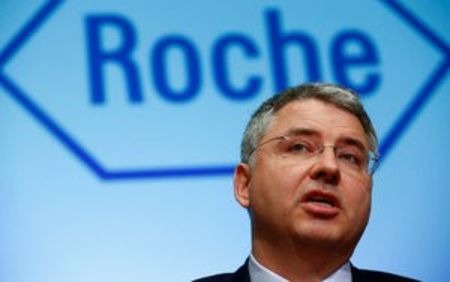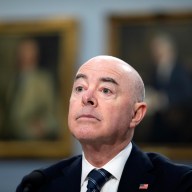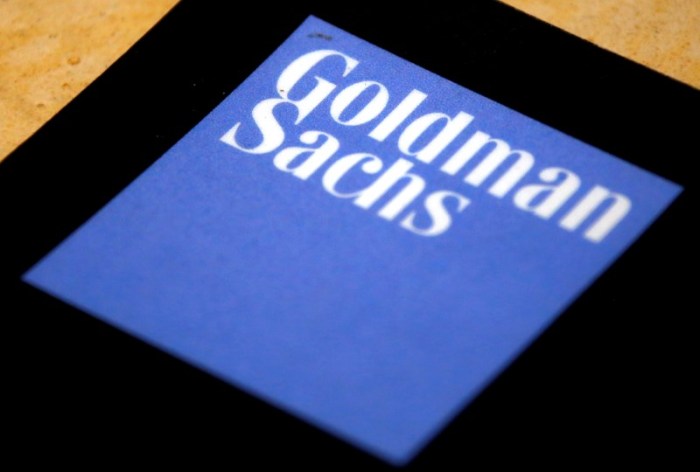By John Miller and Ben Hirschler
LONDON (Reuters) – Roche Big wins for three new drugs in recent months have helped to offset what Roche’s Severin Schwan acknowledges as a serious threat from so-called biosimilars.
“In terms of growth, I am now at the point where I sleep much better,” Schwan told Reuters on a visit to London.
In February the company won U.S. Food and Drug Administration (FDA) breakthrough status for new multiple sclerosis drug Ocrevus.
That was followed in May by U.S. approval of immuno-oncology drug Tecentriq for bladder cancer, with an expected sign-off for lung cancer waiting in the wings.
Then came a surprise early announcement that Roche’s blood cancer drug Gazyva worked better than an older drug.
Together, these developments have boosted Schwan’s optimism that Roche can more than replace income lost as rivals such as Novartis REDUCED RISK
“I would have been much more cautious 12 or 18 months ago, but the situation has been substantially de-risked since then,” Schwan said.
Roche has said that sales will increase by a low to mid-single-digit percentage this year, with profit outpacing revenue growth, but it has not given any longer-term forecasts.
Prospects could be enhanced further by positive outcomes in trials testing other potential blockbuster drugs, including ACE910, for haemophilia, and lampalizumab, for sight loss.
Roche is also awaiting results of the Aphinity trial that pairs Perjeta with Herceptin in breast cancer patients and could triple the commercial opportunity for Perjeta.
“People are very optimistic about it — actually, so are we,” Schwan said.
Roche’s three established cancer blockbusters Rituxan, Herceptin and Avastin, which account for annual sales of nearly 20 billion Swiss francs ($21 billion), all face biosimilar competition by the end of the decade. All are antibody drugs that have proved to be huge commercial hits, which is why companies such as Novartis and Mylan are seeking to copy them.
The first biosimilar antibody to come to market — a copy of arthritis drug Remicade that is now on sale in Europe — has gained market share faster than expected, knocking sales of the original product from Merck DISCOUNT CONCERNS
Discounting could cut even deeper, however. Novartis CEO Joe Jimenez has forecast price cuts as high as 75 percent on copied products.
Despite such projections, Schwan still thinks discounts are likely to be between 30 percent and 60 percent.
“It has not changed our view,” he said of the Remicade experience.
On the acquisitions front, Roche will continue to make smaller deals to add early-stage drugs to its portfolio, Schwan said, but his view that the biotech market remains overpriced means that larger transactions are unlikely. “It is still overvalued,” he said, adding that recent corrections have not brought valuations back to fundamental levels.
Other companies may need to go on a buying spree to fill depleted pipelines, but Schwan rates the chances of Roche doing a big deal as “very low”.
Uncertainty over biosimilars has cast a cloud over 48-year-old Schwan’s eight years at the helm, but he intends to stick around for a while yet if the board plays along.
His time at the top is lengthy by the standards of the Swiss group’s peers but hardly an anomaly at Roche, which has had only seven chief executives in 120 years.
“It’s not up to me to decide how long I can do this job, but the one thing you see at Roche is very long tenures at the top,” he said.
(Editing by David Goodman)
Roche CEO ‘sleeps better’ as risk to drugmaker’s growth recedes

By John Miller and Ben Hirschler
















